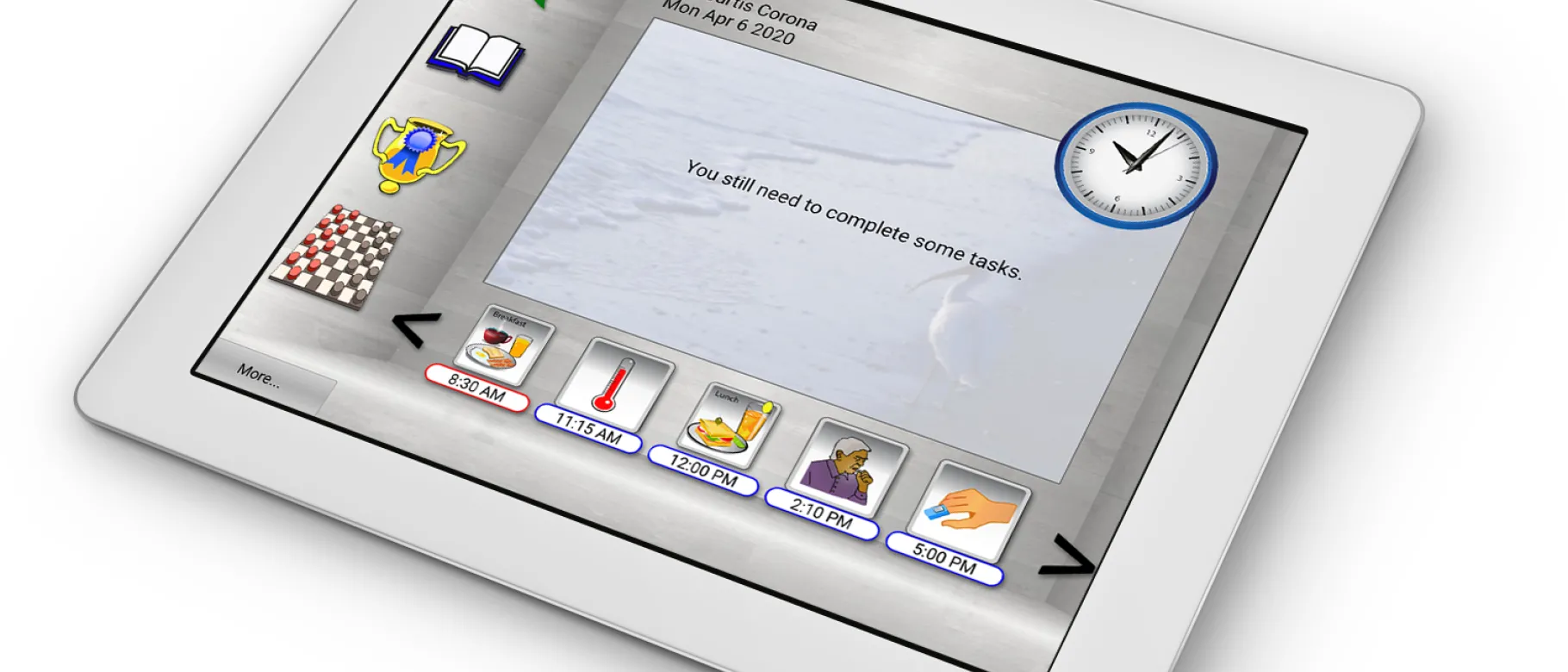Physician Assistant students featured on WMTW after completing unique telemedicine rotation

A group of 47 University of New England Physician Assistant (PA) students are completing their first clinical rotation using telemedicine, a first-of-its-kind opportunity for the program.
PA students spend the second year of the program in clinical rotations. But this year, as the coronavirus pandemic limited opportunities for students to work in hospitals and other clinical settings, faculty and administrators in the PA program knew they would have to get creative.
They found a solution through a partnership between UNE and Senscio Systems. Senscio offers its members a tablet product called Ibis, where members can input their temperature, blood pressure, and other health information, and a virtual care team analyzes the data and meets with members virtually to discuss their health and goals. Through this first-of-its-kind rotation, UNE PA students became part of that team.
They learned that the use of telemedicine allows them to not only meet their patients’ needs remotely, but also to become proficient in digital health technologies.
“When we started PA school, I don’t think any of us imagined trying to walk someone through an abdominal exam or giving information through a camera, but we are learning it is possible,” said Jennifer Carraux (M.S.P.A, ’21). “I think it is very unique that we got to experience it instead of learning it in a book.”
Meredith Wall, M.P.A.S., PA-C, associate clinical professor, told WMTW that it is unique for the students to all work together to provide care to 160 patients across New England. “It’s never usually 47 students in one location and one place at one time,” Wall said.
The experience also gave the students a window into patients’ lives that health practitioners don’t typically have.
“Here, the students are able to understand [in] real time what is actually happening to people at home,” said Claus Hamann, M.D., M.S., FRCPC, FACP, chief health officer for Senscio.